Show Your Work! by Austin Kleon - Book Notes & Review
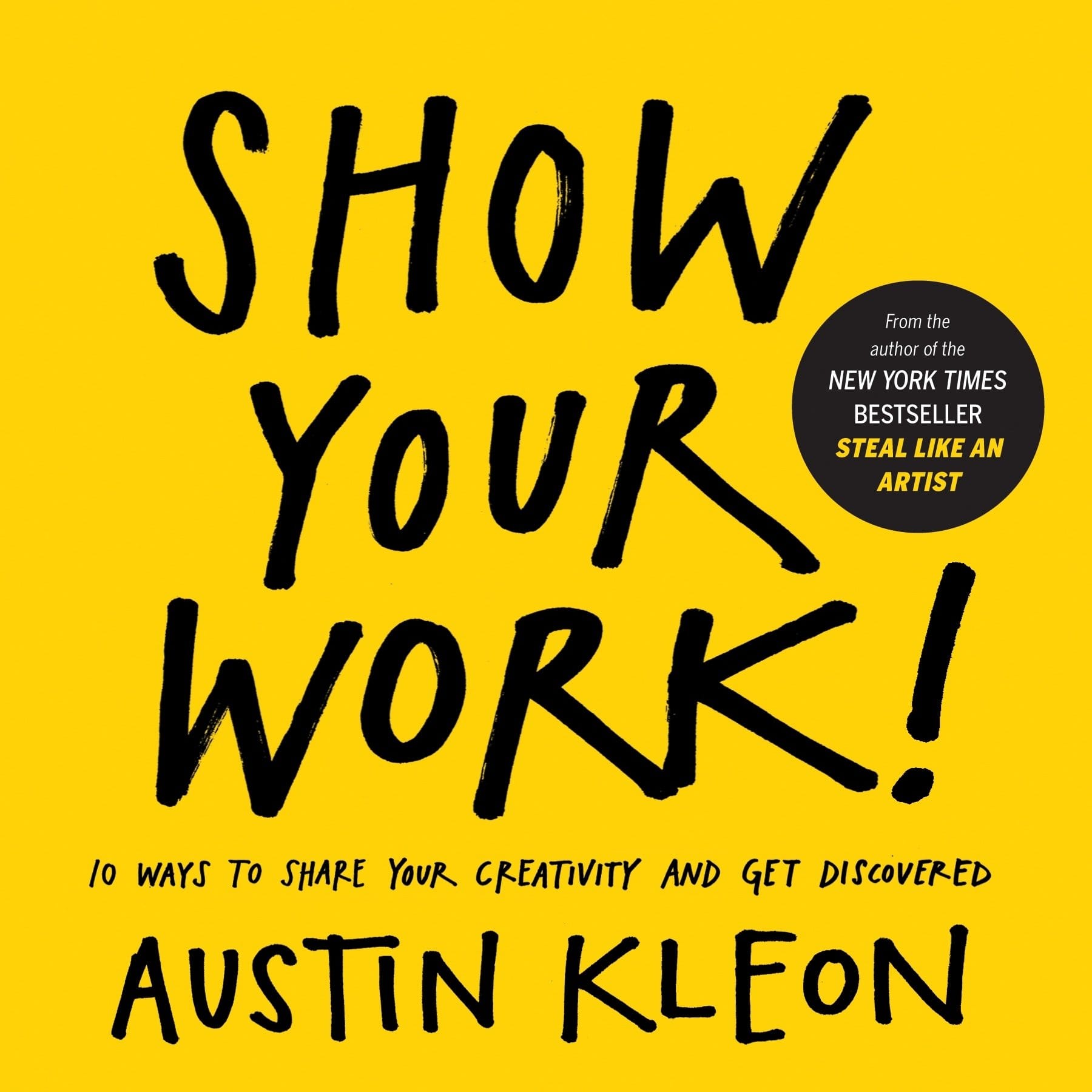
🚀 The Book in 3 Sentences
- Show your work no matter where you’re along in the process.
- Don’t be afraid to love what you love—it attracts others just like you.
- Teach to be taught. The more you share your secrets, the more you’ll learn.
🌟Rating
4/5.
🎨 Impressions
Ali Abdaal’s YouTube videos and website frequently praise this book. I don’t think you need to read the book to get the essence of it, but it certainly is a fun read. Kleon disperses graphics throughout the book that make the book more entertaining than you’d expect.
There are a lot of quotes in the book, and I love them. They’re by a variety of people from different backgrounds who all have insightful things to say about sharing.
Who Should Read It?
If you’ve always wanted to start a blog, YouTube channel, website, or any other form of communication, you should read this book.
☘️ How the Book Changed Me
- It changed my mindset on showing my work. School made me think everything should be competitive and secretive.
- It reminded me that criticism is good and not something to run away from.
- It’s the first book I’ve read in a day.
- It changed my views on monetizing content.
✍️ My Top 3 Quotes
- “Give what you have. To someone, it may be better than you dare to think.” —Henry Wadsworth Longfellow
- “Find your voice, shout it from the rooftops, and keep doing it until the people that are looking for you find you.” — Dan Harmon
- “Why should we describe the frustrations and turning points in the lab, or all the hours of groundwork and failed images that precede the final outcomes?” asks artist Rachel Sussman. “Because, rarified exceptions aside, our audience is a human one, and humans want to connect. Personal stories can make the complex more tangible, spark associations, and offer entry into things that might otherwise leave one cold.”
📒 Summary + Notes
Note: All of the quotes and pictures come from Austin Kleon's book.
(1) You don’t have to be a genius.
Kleon says that all the greats—Einstein, Beethoven, Picasso—had communities that helped them. It’s the idea of a “scenius,” where a group of people creates the triumphant feats we see. It even leaves room for the average person: you don’t need to be a genius as long as you have access to one.
That being said, being an amateur isn’t a bad thing. Amateurs explore more than masters do—they brave the waters, thinking of alternative uses for an existing theory. Amateurs also teach their fellow amateurs better, recently going through difficulties that the master has long forgotten.
The ending of this chapter is a bit interesting. Kleon posits that “if your work isn’t online, it doesn’t exist... you have to share.” (I only agree with the latter.) Also, he encourages us to read obituaries every day. Obituaries serve as reminders of life’s finitude, motivating us to continue working.
(2) Think process, not product.
With every piece of work comes a process that created it. It’s important to show that process—the behind-the-scenes—because it connects you with everyone else, especially those who want to take part in the creative process. If you document everything you do, you’ll have a “surplus of material to choose from” for “when you’re ready to share.”
(3) Share something small every day.
Send out daily dispatches—little updates on what you’re working on right now. Theodore Sturgeon said that 90% of everything is crap. Daily dispatches allow us to find the 10% over time.
Kleon argues that social media is the best way to do this. But, we don’t have to marry ourselves to a particular platform. If anything, you should register your own domain name, www.[your name].com and prioritize it over other forms of social media because it’s long-lasting.
Don’t overshare. Go through the “so what?” test and ask yourself if it provides any value to others. Here’s a nice diagram to navigate that:

(4) Open up your cabinet of curiosities.
Don’t hoard your ideas or inspirations. They tell others about who you are and what you do. Similarly, don’t be ashamed of your passions no matter how eccentric they seem. There are many who share a similar love for what you do.
Give credit where credit is due. And it isn’t just that plagiarism is bad—attribution allows your audience to explore more of an idea you’ve presented.
(5) Tell good stories.
Stories give art meaning. As Rachel Sussman said, “Personal stories can make the complex more tangible, spark associations, and offer entry into things that might otherwise leave one cold.” If you can tell a good story, you become more effective at sharing your work.

Structure your work. Ideas are inherently unorganized. It’s your job to present your work with brevity. Otherwise, no one will want to listen to you.
(6) Teach what you know.
Flaunt your secrets. There are millions of recipe books and relatively few chefs. Even if you know the technical steps, it takes years to develop the intuition to masterfully produce a good meal. Just because others know how it’s done doesn’t mean they can do it as you can. Plus, when you teach others, you connect with those interested in your work that can refer you to other materials. It’s all a cycle.

(7) Don’t turn into human spam.
Stop talking. Start listening. If you want others to be interested in you, you must be earnestly interested in others. Don’t solely produce—it won’t garner any attention.
But don’t focus on the eyeballs; focus on the hearts. It’s not a matter of how many followers you have or the quality of them; it’s a matter of creating something worthwhile that attracts hearts.
Identify your tribe. The people that share your passions and care genuinely for you are few and far between. Find out who they are and treat them well.
(8) Learn to take a punch.
Encourage criticism. It’s free feedback that makes your work better. Kleon gives 5 ways to acclimate to criticism:
- Relax. Bad criticism doesn’t kill anyone. “Fear is often just the imagination taking a wrong turn.”
- Practice. The more you punches you take, the better you adjust.
- Continue. Don’t stop when they hit hard. Keep going. Thrive off of the feedback.
- Protect. If you have work that you’re sensitive about, hide it. You don’t have to share everything.
- Balance. Your work and you aren’t inextricable. Criticism about your work is not criticism about you.
(9) Sell out.
Everyone has to make money somehow. Don’t be afraid of monetizing your work. Just make sure the price you charge is fair and representative of work.
Keep a mailing list. You know that website we talked about in (3)? Have a mailing list. It connects you with your biggest supporters.
Pay it forward. When you’ve “succeeded,” help others along a similar path. Be the person that helped you. Don’t go too far, though.
You just have to be as generous as you can, but selfish enough to get your work done.Austin Kleon, Show your work!
(10) Stick around.
Chain-smoke. "Avoid stalling out in your career by never losing momentum.” Once you’ve finished a project, find the next one to work on. You don’t need to wait for feedback or worry about what’s next. Take a moment to reflect and move on.

Take a break. You need to leave so you can come back to do more work. Often, sabbaticals can give you inspiration or a new perspective. Take breaks so you avoid burnout. Kleon presents 3 ways to do this:
- Commute. When you’re commuting to a place, take some time to stop and smell the roses.
- Exercise. Do it. Let everything else fade away and your mind run wild.
- Nature. Immerse yourself in this beautiful world of ours and disconnect from society.
Begin again. When you’ve mastered something, move on to something else. Get rid of the old stuff to make room for the new. It’s not starting over. It’s beginning again.
No spam, no sharing to third party. Only you and me.
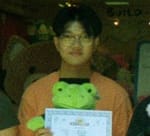
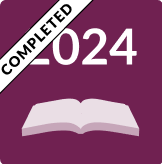
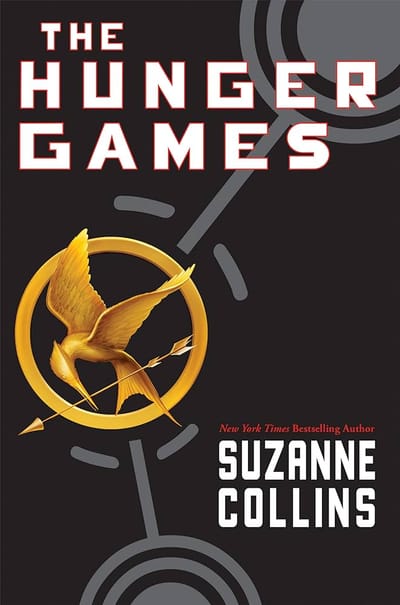

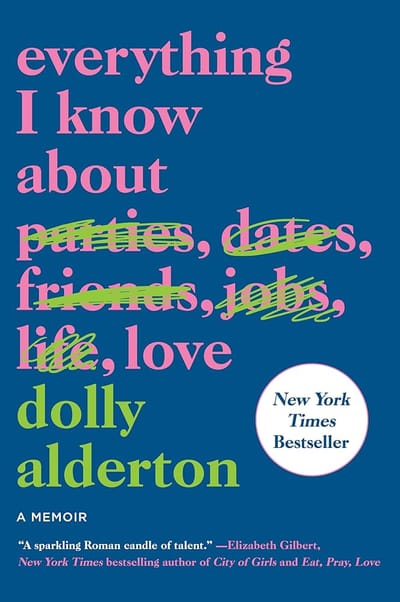

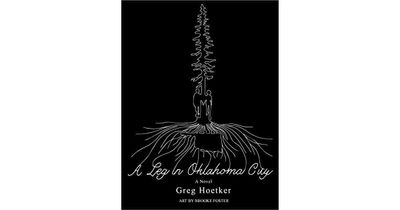
Member discussion